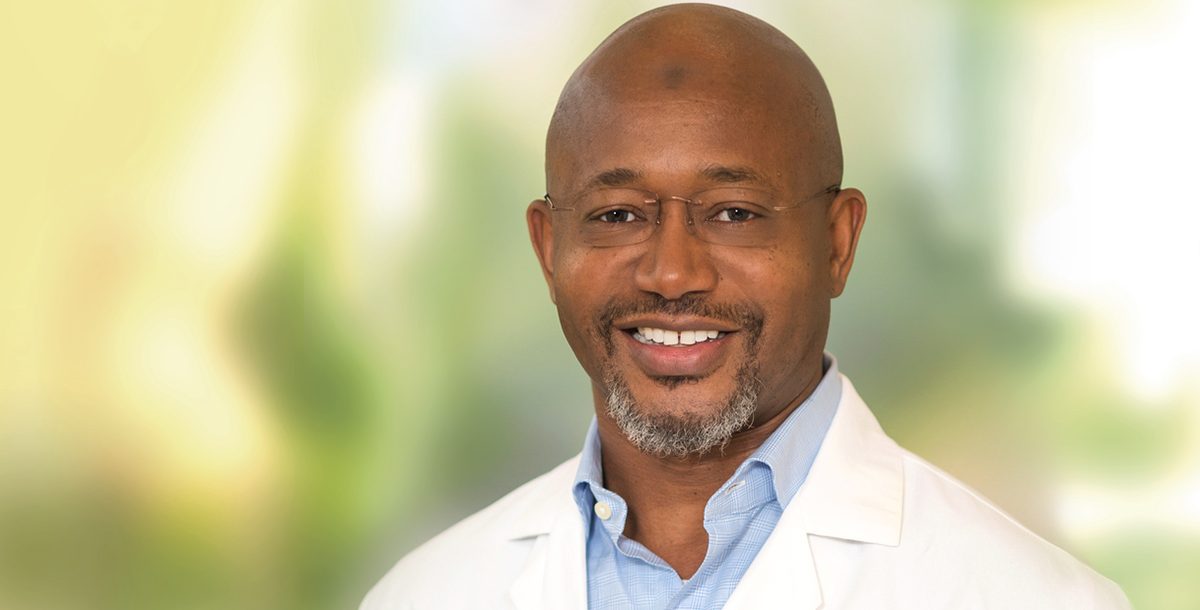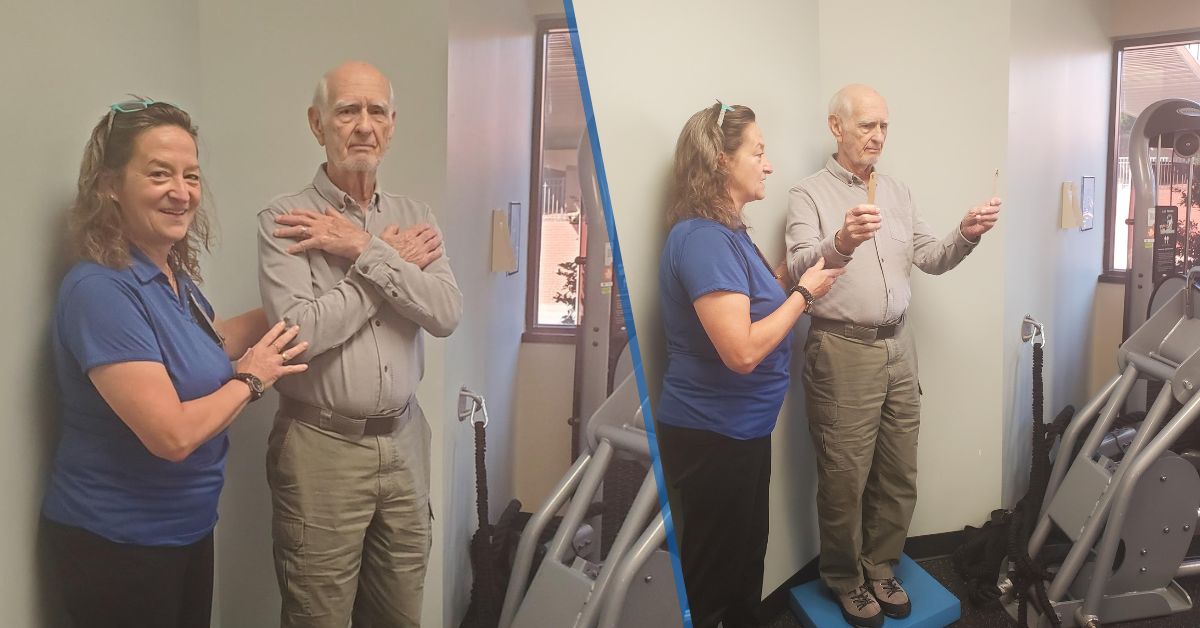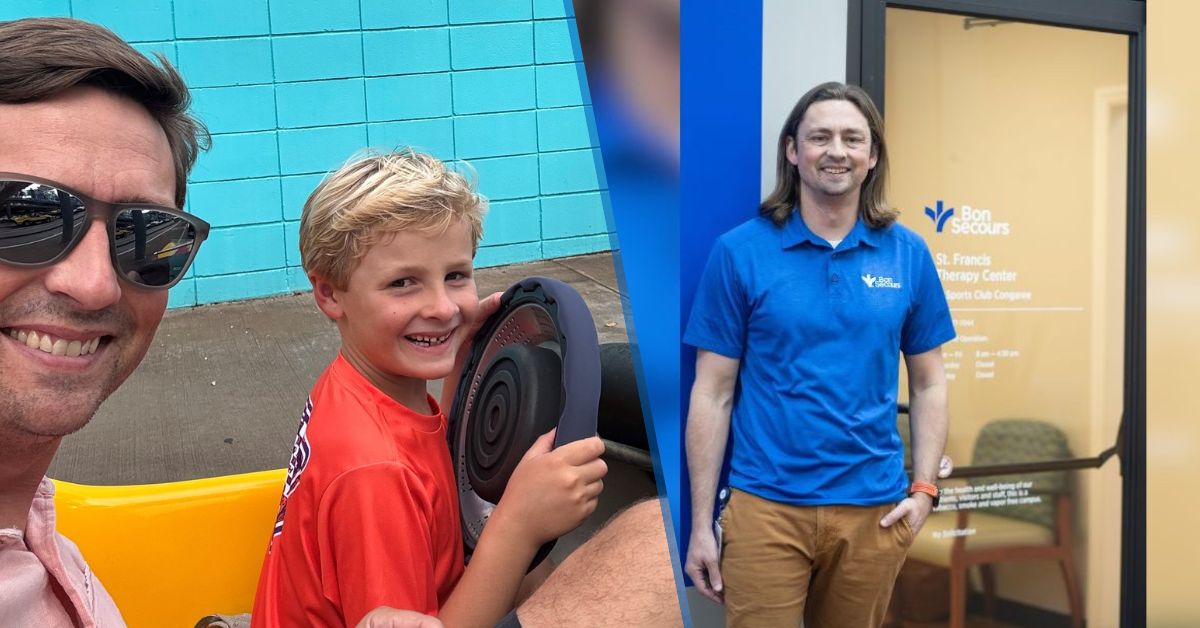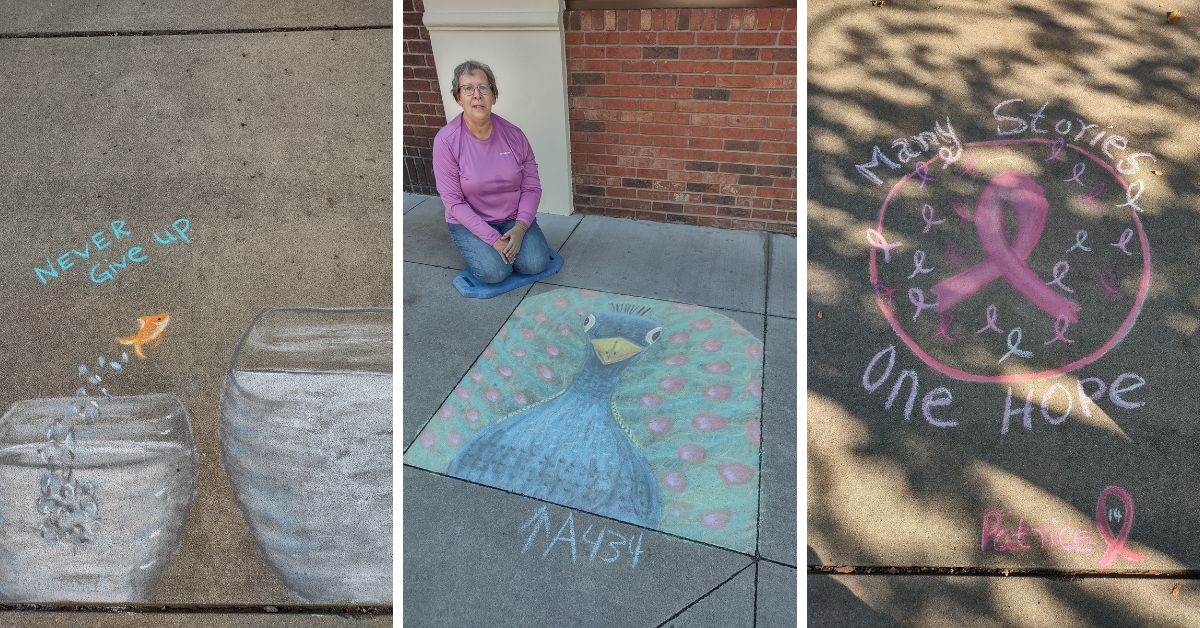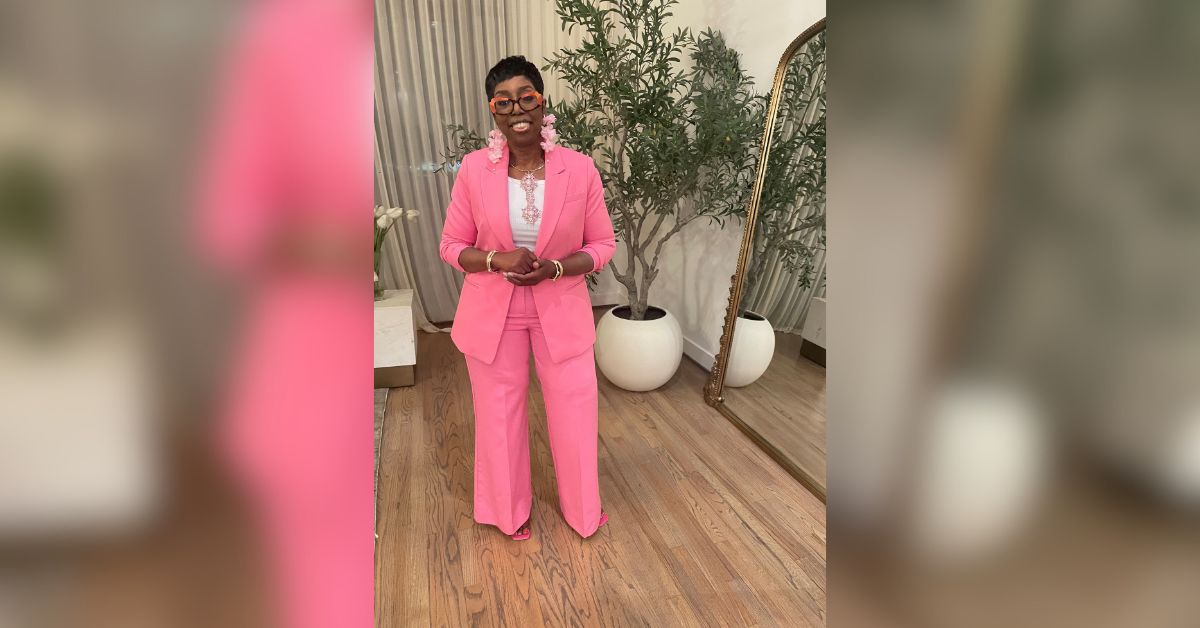Black history extends well beyond the month of February. It permeates every aspect of our culture and our shared experiences.
At Bon Secours, we celebrate the rich diversity of our team every day. However, during this special time of reflection, we had an opportunity to connect with one of our doctors, Moussa Sissoko, MD.
Dr. Sissoko is an oncologist in our Hampton Roads, VA market. Initial fun fact — he grew up in Senegal, a country in West Africa, and is fluent in English, French, and Wolof.
Learn more about Dr. Sissoko’s personal history, connection to black history month and his hopes for the future in this special Q&A.
Q: What motivated your decision to seek a career in the medical field?
A: Growing up in Senegal with polio sequelae in my right leg was challenging. The only option for most with this condition at my time was to end up panhandling.
I was fortunate to have parents who refused such fate for me and pushed me to value knowledge. I took a strong personal interest in studying sciences in general and medicine, particularly with a goal to relieve those plagued by ailments like myself.
My original goal was to obtain a PhD in biochemistry. However, with the advice of my wife, Dara Seybold, I ended up in medical school. I received my Bachelor of Science degree in bioscience from the University of Maryland and my medical degree from St. George’s University School of Medicine in Grenada, West Indies.
After my medical training, which was concluded at Boston University Geriatric Oncology and Hematology Department, I worked a few years at Charleston Area Medical Center in Charleston, West Virginia before deciding to move to Bon Secours in Hampton Roads, Virginia. One of my motivations was to give back to the ministry since my primary school education was at a Catholic school.
Q: What do you enjoy most about your profession in oncology?
A: I enjoy most the lessons of resilience, love, and faith, from my patients when they are faced with the diagnosis of cancer. Every patient encounter is a reminder for me of the fragility of us as human beings and our limited knowledge, despite all the extraordinary advances in our understanding of malignancies.
Through this continuous renewal of humility, I have a daily incentive to better myself and stay up to date in order to provide the best available care to my patients.
Q: How does diversity across the Bon Secours ministry strengthen the way we deliver health care?
A: Diversity across the ministry strengthens our delivery of care by allowing equity in care. This means all people no matter their religion, race, and social status benefit from the same high standard health care delivery.
Q: What does Black History Month mean to you?
A: For me, Black History Month is an occasion to never forget those who were forcibly extracted from the motherland, Africa, where I am from. Some died on their way to the Americas or were enslaved and stripped from their basic dignity as human beings.
For me, Black History Month is a reminder to emulate those who sacrificed their lives to stand for equal rights, equal justice and equal opportunities.
For me, Black History Month is a constant reminder to be thankful of those whose sacrifice allowed persons of color in this country to have some basic rights but is also a constant reminder that the fight and struggle is not over as recent events sadly have attested.
For me, Black History Month is a hope for a better future for my children and all children no matter their skin color, beliefs, or religion.
Q: What do you take the most pride/joy in during Black History Month?
A: I take most pride and joy in the reminder of the great contribution of people of color in the building of this great nation.
Q: What do you want others to know or understand about Black History Month and its importance?
A: I would like others to know that all souls are created equal in the eyes of the Lord. All mankind is from Adam and Eve. A White has no superiority over a Black and a Black has no superiority over a White, except by piety and good action.
Learn more about our mission as well as the health care services we offer at Bon Secours.

